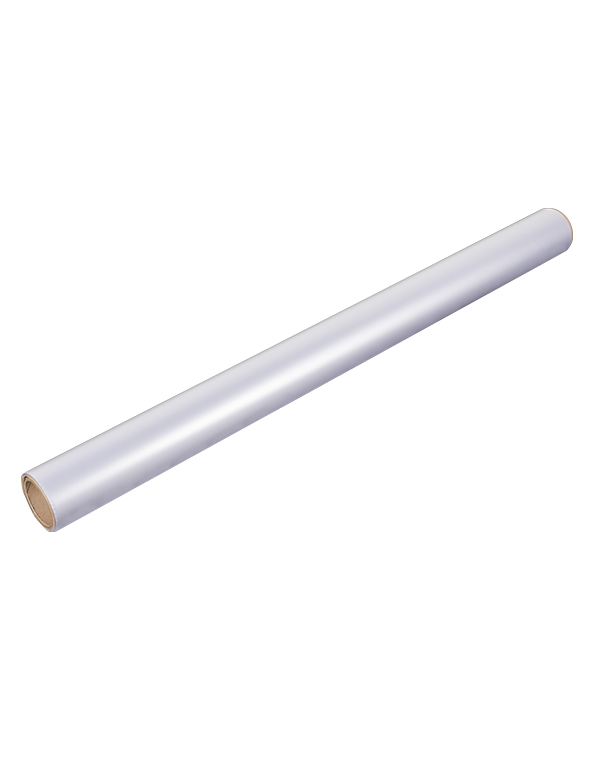In recent years, the requirements for material performance in the industrial and technological fields have continued to increase, and hard thin films have demonstrated unique advantages in many applications. Especially, the chemical corrosion resistance of hard thin films has become a hot topic in research and applications. Hard thin films resistant to chemical corrosion are widely used in aerospace, electronics, medical instruments, and chemical industries, significantly enhancing the service life and reliability of products.
The chemical corrosion resistance of hard thin films mainly depends on the chemical composition, structure, and preparation process of the film materials. Common materials for chemical corrosion-resistant hard thin films include titanium nitride (TiN), aluminum oxide (Al2O3), chromium nitride (CrN), and diamond films. These materials are characterized by high hardness, good chemical stability, and resistance to high temperatures, effectively resisting the erosion of acids, alkalis, salts, and other chemical reagents.
Chemical corrosion-resistant hard thin films need to have excellent chemical stability, mechanical strength, and thermal stability. The film material should resist erosion by strong acids, alkalis, and other chemical reagents, maintaining long-term stable physical and chemical properties. The film should have high hardness to resist mechanical wear and impact. There should be good adhesion between the film and the substrate to prevent peeling and cracking. The film should remain stable at high temperatures without softening, decomposing, or oxidizing.

The preparation processes of chemical corrosion-resistant hard thin films mainly include chemical vapor deposition (CVD), physical vapor deposition (PVD), and sputtering deposition. Films are formed by decomposing gases containing film material components at high temperatures and depositing them on the substrate surface. For example, titanium nitride films are commonly prepared using the CVD method. The film material is deposited onto the substrate surface through physical processes. PVD methods include vacuum evaporation and sputtering deposition, commonly used for preparing chromium nitride films and diamond films. By ion bombardment of the target material, atoms are sputtered out and deposited onto the substrate surface to form the film. This method is commonly used to prepare chemical corrosion-resistant films with high density and uniformity.
With the continuous increase in industrial demand, single-function chemical corrosion-resistant films can no longer meet the requirements of complex application environments. Therefore, the development of functional chemical corrosion-resistant hard thin films has become a research hotspot. These functional films not only have excellent chemical corrosion resistance but also have multiple functions such as self-cleaning, antibacterial properties, and conductivity.
By introducing nanostructures on the film surface, the film achieves hydrophobic or hydrophilic properties, enabling self-cleaning functions widely used in fields such as photovoltaic panels and building materials. Adding antibacterial metals such as silver and copper into the film enables it to have bactericidal and bacteriostatic functions, suitable for medical instruments and food packaging industries. Doping conductive materials into the film enhances the film's conductivity, widely used in electronic devices and sensor fields.
Chemical corrosion-resistant hard thin films play an important role in modern industry, providing reliable protection for various equipment and devices with their excellent performance. In the future, with the continuous advancement of technology, the performance and application fields of chemical corrosion-resistant hard thin films will further expand. Especially, the development of functional hard thin films will provide more possibilities for high-end manufacturing and cutting-edge technology fields. At the same time, in-depth research on the preparation processes and surface modification technologies of chemical corrosion-resistant hard thin films will help achieve their broader industrial applications.










